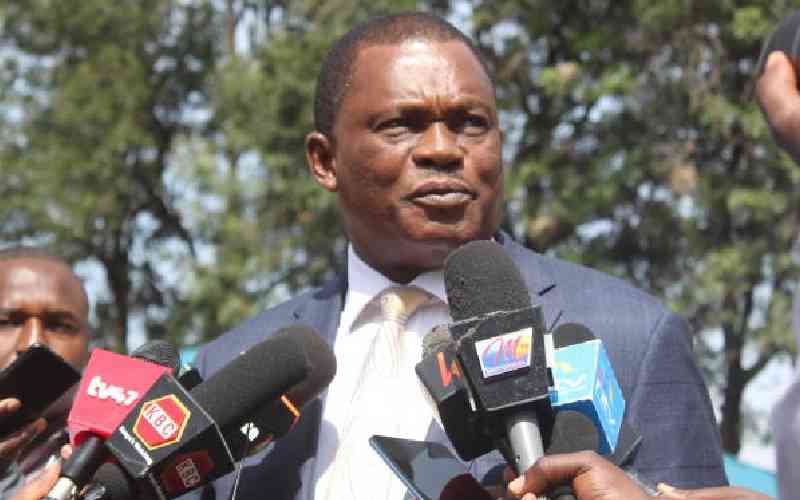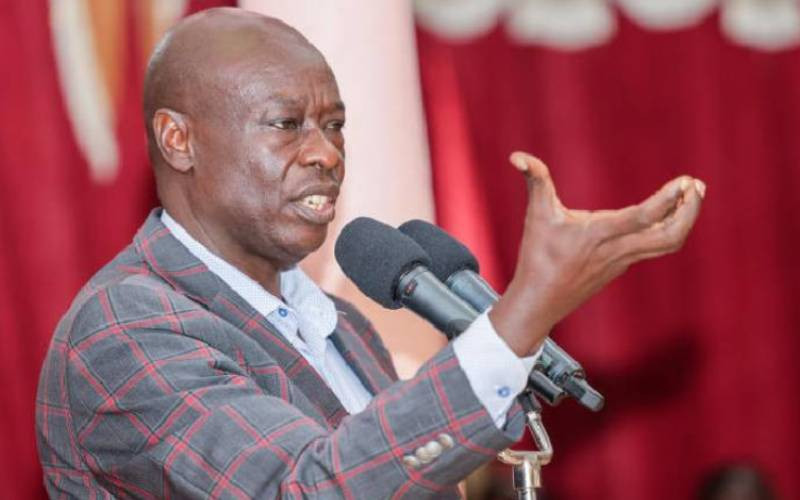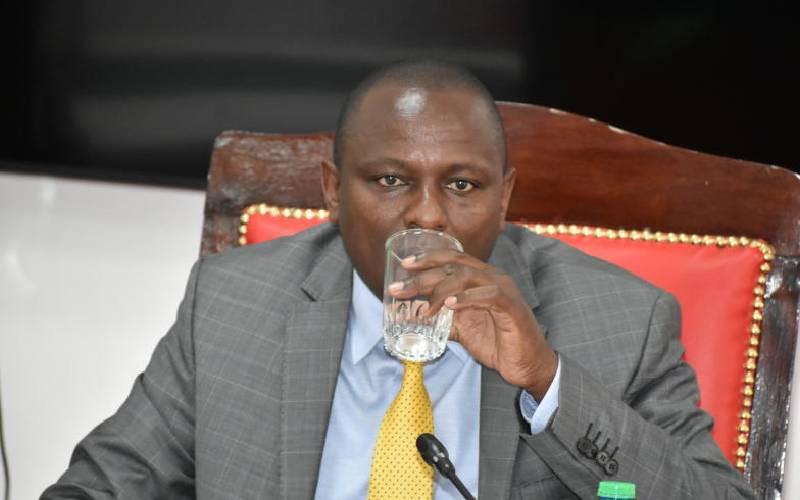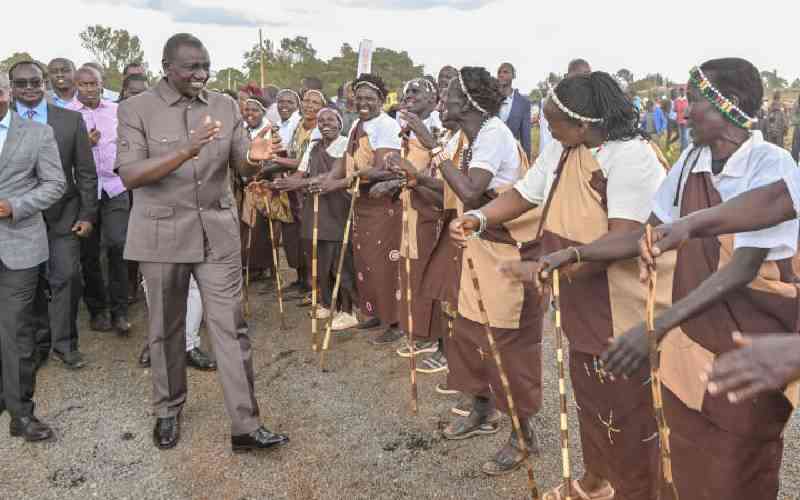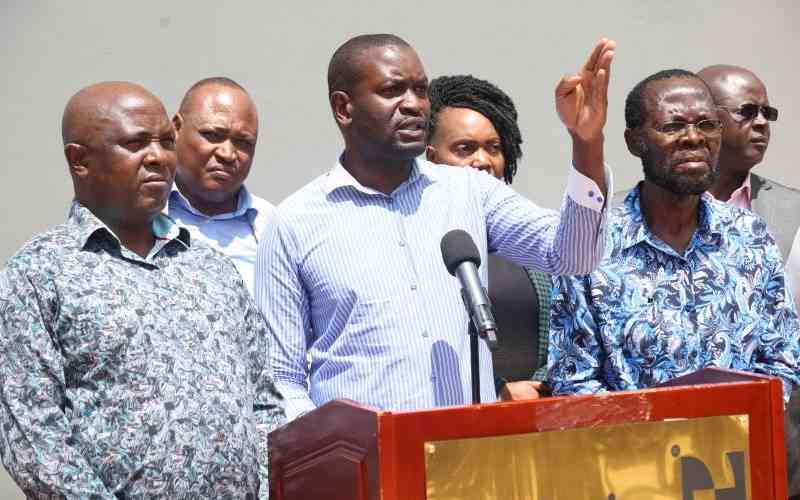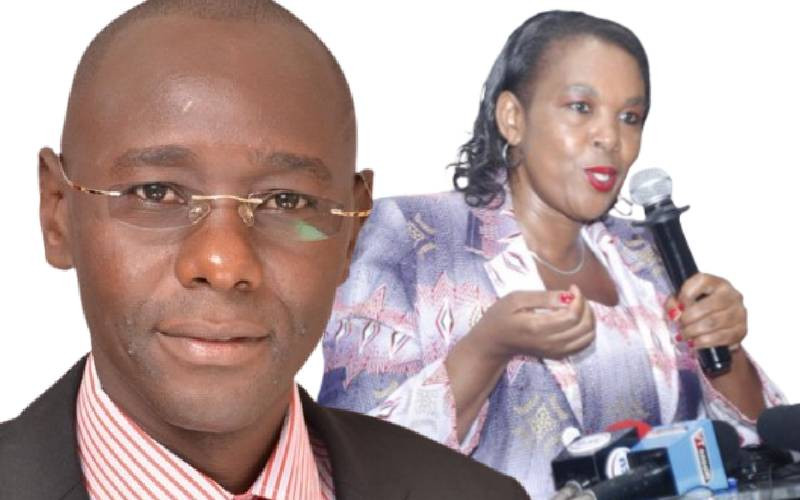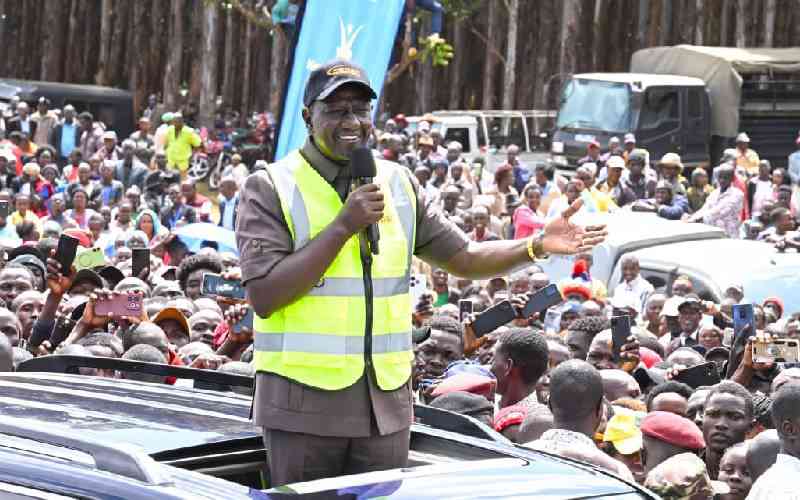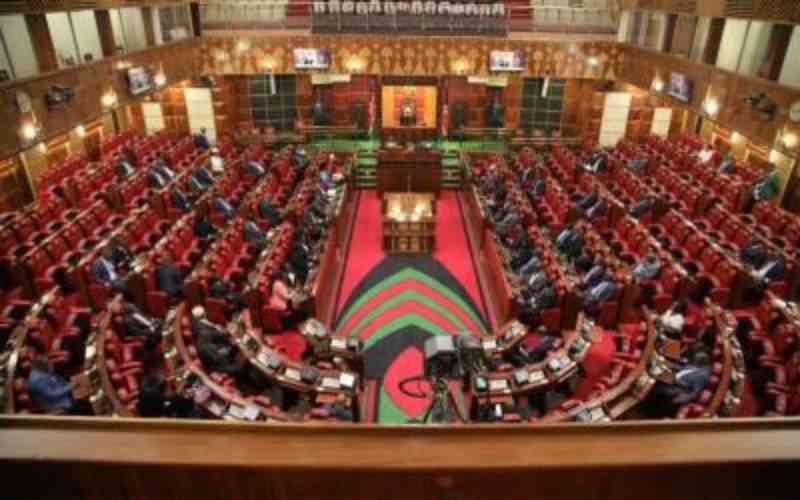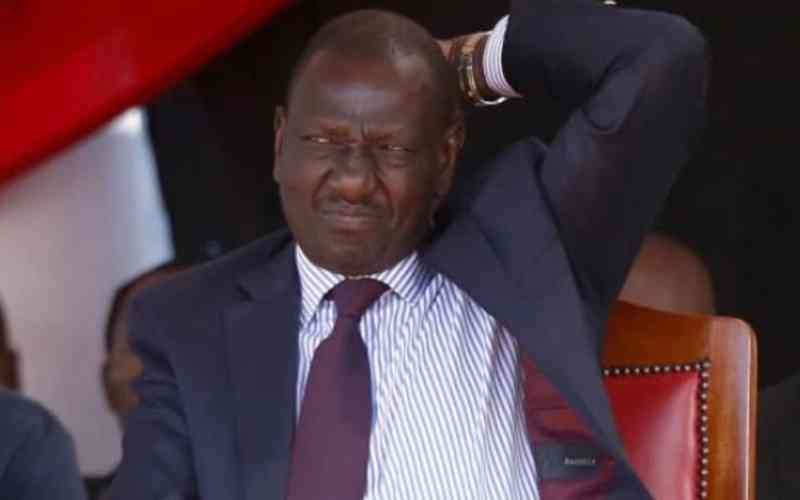
As the Kenya Kwanza administration concludes its second year, legislative reforms were a defining feature of President William Ruto's government.
Finance Bill 2024 One of the most significant events of this year was Ruto’s decision to withdraw the 2024 Finance Bill.
The move came after widespread youth-led protests, who demanded better governance and lower taxes.
Bowing to public pressure, the President announced several austerity measures to curb government spending instead of enacting the controversial bill, which many believed would have severely impacted the livelihoods of Kenyans.
"Having reflected on the ongoing conversation around the Finance Bill and listening to the people of Kenya, I will not sign the Finance Bill, and it will be withdrawn," Ruto declared on June 26, 2024.
As a result, the government reverted to the 2023 Finance Act. National Assembly Speaker Moses Wetangula noted that this would create a Sh300 billion gap between the approved expenditure and projected revenues.
Appropriation Bill 2024 While assenting to the Appropriation Bill 2024, the president directed the Treasury to reduce national expenditure by Sh346 billion.
Former Treasury CS Njuguna Ndung'u was instructed to cap spending on essential services at 15 percent of the approved budget, with non-essential sectors awaiting supplementary budget approval.
- Ruto remains mute as healthcare crisis worsens
- Government calls on KMPDU to end strike
- Ruto going against KK manifesto, unions say
- Go back to work, Ruto tells striking doctors
Keep Reading
Supplementary Appropriation Bill 2024In August 2024, Ruto signed the Supplementary Appropriation (No. 2) Bill 2024 into law to address the Sh344 billion revenue shortfall occasioned by the Finance Bill’s rejection.
The revised budget included significant cuts across the government: Sh145 billion from the National Government, Sh3.7 billion from Parliament, and Sh2.1 billion from the Judiciary.
Development projects were also affected. Medical services faced cuts of Sh6.9 billion, while road and transport projects were slashed by Sh17.3 billion.
However, agriculture received Sh20 billion to boost production, and Sh16.2 billion was allocated to promote Universal Health Coverage.
IEBC Amendment Bill 2024Another key legislative achievement was the signing of the IEBC Amendment Bill 2024, which paved the way for a reconstituted electoral body, after the retirement of former IEBC Chair Wafula Chebukati.
Since the 2022 polls, the absence of an electoral commission had prevented some constituencies from holding by-elections.
The new selection panel will include representatives from the Law Society of Kenya, the Parliamentary Service Commission, the Inter-Religious Council of Kenya, and the political parties' liaison committee.
The panel will nominate two candidates for the chairperson role and nine for commissioner positions, with the final selection made by the President and approved by the National Assembly.
Cabinet Reshuffle In a bold move, President Ruto dismissed his entire Cabinet in July 2024, except for Deputy President Rigathi Gachagua and Prime Cabinet Secretary Musalia Mudavadi, following public demands for a more competent government.
"After a holistic appraisal of my Cabinet’s performance, I have today dismissed all Cabinet Secretaries and the Attorney General, except the Prime Cabinet Secretary and the Foreign Affairs Secretary," Ruto announced on July 11.
Principal Secretaries were temporarily placed in charge of ministries.
A few weeks later, Ruto unveiled his new Cabinet, which included a mix of returning CSs and fresh faces.
Notably, several former opposition members were appointed, signaling a political shift aimed at creating a broader-based government.
Among the new appointees were John Mbadi as Treasury CS, Hassan Joho- Mining, and Opiyo Wandayi as Energy CS.
This political “handshake” between Ruto and opposition leader Raila Odinga, who Ruto has endorsed for the African Union Commission chairmanship, has left citizens increasingly taking on the role of holding the government accountable, filling the gap left by a more cooperative opposition.
What’s in the future?As Kenya Kwanza enters its third year, the government faces growing public dissatisfaction over governance issues.
How Ruto responds to these concerns in the coming years will be crucial in shaping his legacy and determining his success in the 2027 elections.
 The Standard Group Plc is a multi-media organization with investments in media platforms spanning newspaper print
operations, television, radio broadcasting, digital and online services. The Standard Group is recognized as a
leading multi-media house in Kenya with a key influence in matters of national and international interest.
The Standard Group Plc is a multi-media organization with investments in media platforms spanning newspaper print
operations, television, radio broadcasting, digital and online services. The Standard Group is recognized as a
leading multi-media house in Kenya with a key influence in matters of national and international interest.

